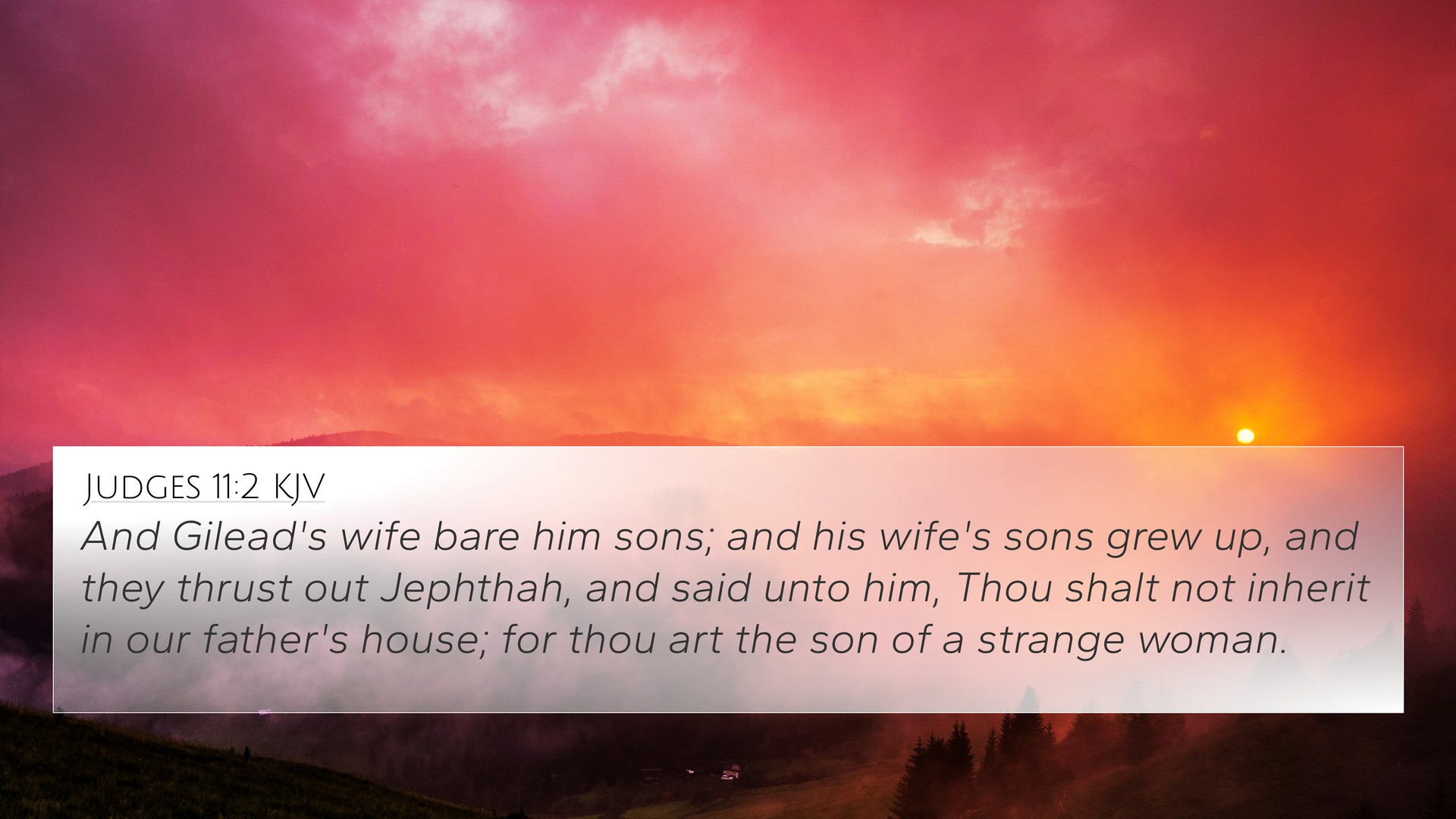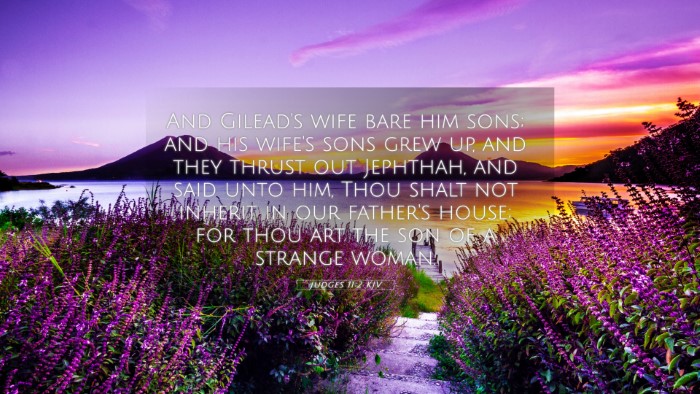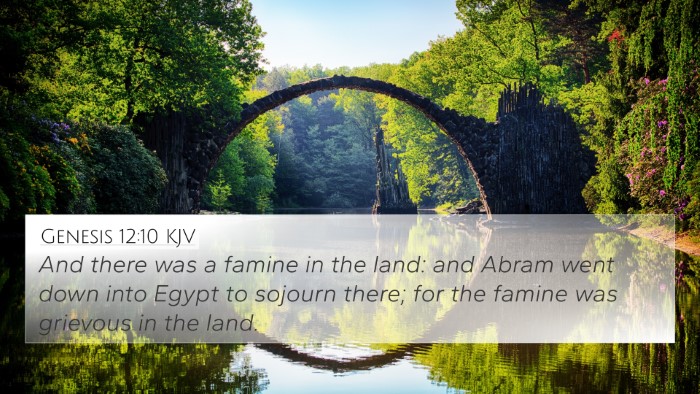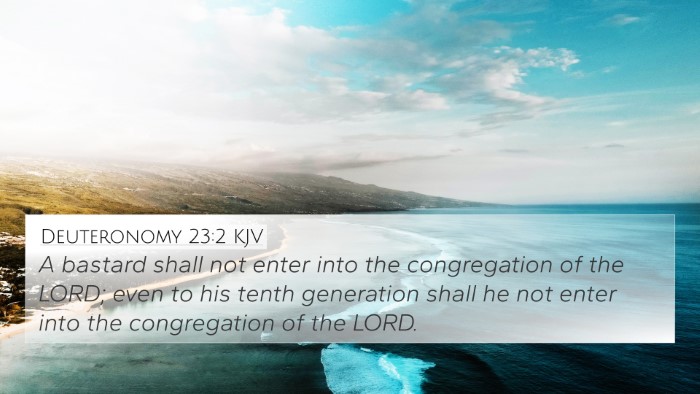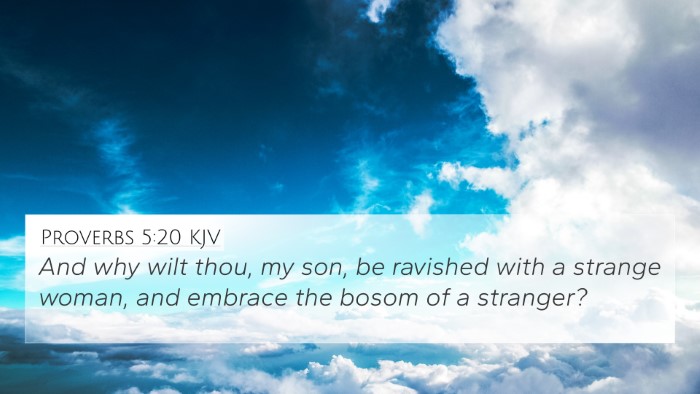Understanding Judges 11:2
Judges 11:2 states, "And Gilead's wife bore him sons; and his wife's sons grew up, and they thrust out Jephthah, and said unto him, Thou shalt not inherit in our father's house; for thou art the son of a strange woman."
This verse introduces us to the character of Jephthah, a pivotal figure in the Book of Judges. Jephthah’s story is marked by rejection, struggle, and ultimately, redemption. The rejection he faces from his family leads to significant implications for both his life and the narrative of Israel during a tumultuous period.
Summary of Commentary Insights
-
Matthew Henry:
Henry emphasizes the dishonor and stigma faced by Jephthah due to his illegitimate birth. He highlights the broader theme of God's ability to use the marginalized for His purpose, showcasing that despite human rejection, divine plans can prevail.
-
Albert Barnes:
Barnes comments on the societal customs of the time and how familial lines influenced inheritance rights. He notes the tragic nature of Jephthah's banishment, pointing out the serious implications of family dynamics and societal norms on an individual's fate.
-
Adam Clarke:
Clarke discusses the significance of Jephthah's origin and how it shaped his character. He points out that while circumstances may lead to rejection, personal merit and faith can elevate one's status in society.
Key Themes from Judges 11:2
-
Rejection:
Jephthah's rejection by his family signifies the often harsh realities of human relationships and societal expectations.
-
Identity:
The verse raises questions about identity—how societal labels can affect one's perception of oneself and one’s place in the community.
-
God's Sovereignty:
Despite his status as an outcast, Jephthah’s eventual rise to leadership underscores God’s sovereignty over human circumstances.
Cross-References Related to Judges 11:2
- 1 Samuel 16:7: God's selection is not based on outward appearance but on the heart.
- Matthew 5:5: The meek shall inherit the earth, paralleling Jephthah's eventual rise.
- Hebrews 11:32-34: Jephthah is noted in the hall of faith, emphasizing God's use of flawed individuals for His work.
- Genesis 49:3: The importance of birthright and blessings in biblical family dynamics.
- Luke 14:14: The value of the outcast in God’s kingdom.
- Psalms 27:10: Acknowledgment that God welcomes those cast out by others.
- Romans 9:21: God’s sovereignty in determining roles and purposes among humanity.
Conclusion
Judges 11:2 serves as a profound reminder of how personal experiences of rejection do not define one's ultimate role in God’s plan. The verse, along with its surrounding context and various commentaries, encourages believers to look beyond societal standards and recognize the divine purpose in every individual's life, particularly in those who may feel marginalized.
Keyword Integration
When studying this verse, one can explore various bible verse cross-references that illustrate the connections between Jephthah's life and the larger narrative of strength arising from weakness. Through comprehensive Bible cross-reference materials and tools, such as a bible cross-reference guide, readers can deepen their understanding of how to use Bible cross-references effectively to uncover the rich tapestry of themes interwoven throughout scripture.
